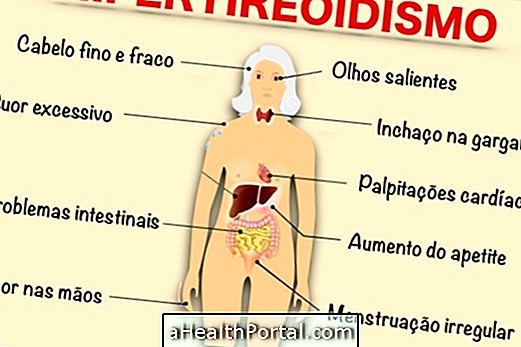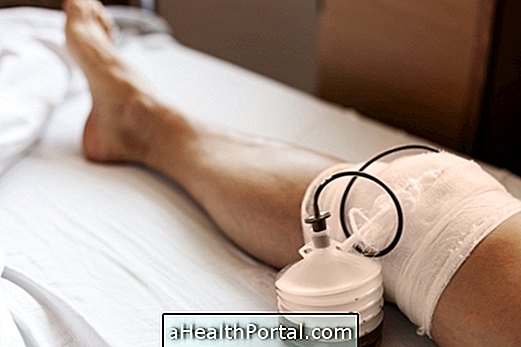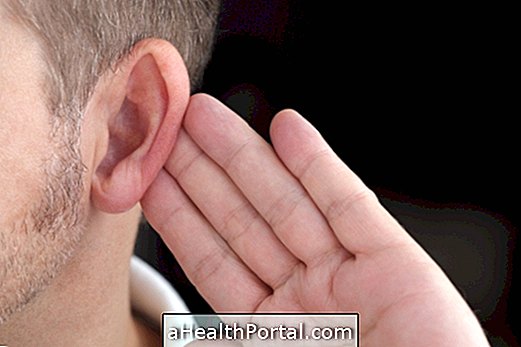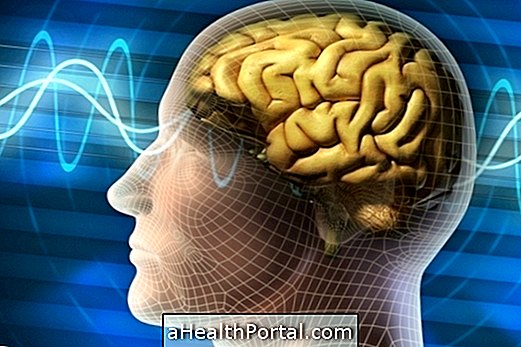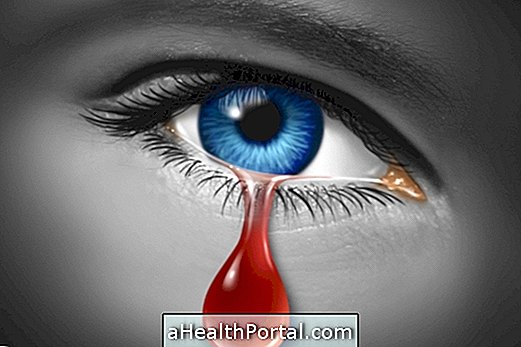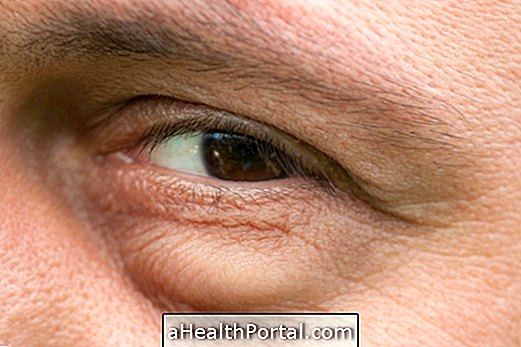Depression in pregnancy is characterized by variations in mood, anxiety, sadness and disinterest in pregnancy.
The causes of depression in pregnancy may be hormonal variations that occur during pregnancy, in addition to stressful life, complicated pregnancy, domestic violence, fertility problems, previous abortion episode or unwanted pregnancy.
Does depression affect the baby?
Depression in pregnancy affects the baby because depressed mothers have greater hormonal changes, less attention to food and health, which impairs the baby's development and can lead to miscarriage or premature delivery.
Depression in pregnancy has a cure and its treatment must be indicated by the psychiatrist after the woman's assessment and the conditions of her pregnancy. Learn how nervousness can affect your baby.
Symptoms of depression in pregnancy
Mood swings during pregnancy are normal, as they result from changes in the hormonal levels that the woman suffers at this stage. However, if these changes last for weeks or months, the woman should talk to her obstetrician to assess the situation and see if she may be depressed.
Symptoms of depression in pregnancy can be:
- Sadness;
- Anxiety;
- Choro crises;
- Loss of interest in daily activities;
- Irritability;
- Sleep disorders such as insomnia or exaggerated drowsiness;
- Excessive or lack of appetite;
- Feelings of guilt;
- Thoughts of death or suicide.
Symptoms usually appear in the first or last gestational trimester and in the first month after the baby's birth.
Often, depression in pregnancy leads to withdrawal from work because the woman can not do the daily activities and tires easily.
How is depression treated in pregnancy?
The treatment can be done with sessions of psychotherapy that improve the quality of life and increase the self-confidence of women. Alternative therapies, such as acupuncture, are also indicated to treat depression. Physical activity, healthy eating, and family support are other indispensable ways to treat depression in pregnancy.
Antidepressant medicines such as Fluoxetine should be avoided during pregnancy, but in more severe cases, the doctor can evaluate the benefit-risk and indicate the use of this medication. It is not advised to take natural remedies because they can harm the baby, including deer-john, commonly used against depression, is contraindicated at this stage.
Although the obstetrician accompanies every gestation the psychiatrist is not dispensable, being the doctor more appropriate to accompany the woman also during the pregnancy.
What can cause pregnancy depression
Situations such as lack of emotional support, comfort, caring, and care can trigger depression in women during pregnancy. Other factors that also contribute to the development of depression at this stage of life are:
- The woman has already had depression before becoming pregnant or any other psychiatric disorder such as anxiety attacks, for example;
- Complicated previous pregnancy, previous case of miscarriage or loss of a child;
- Not being married, not having financial security, being separated or not having planned the pregnancy.
Stressful problems such as fights with the partner, history of separation or divorce, serious health problems, kidnapping, a history of fire or catastrophe, death of a close person, assault, sexual abuse, physical aggression are factors that can also trigger depression, but she may also develop in people who have not been exposed to these situations.
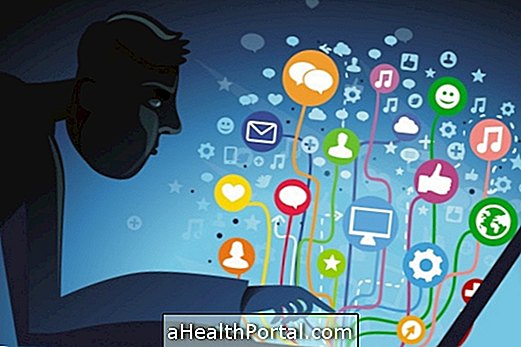
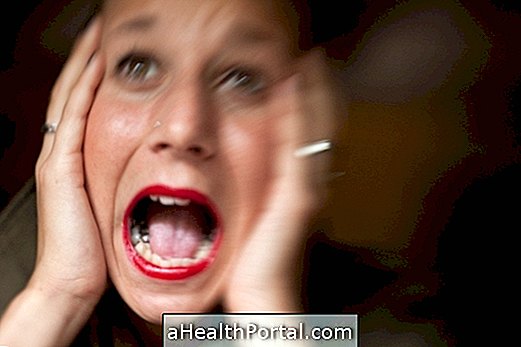
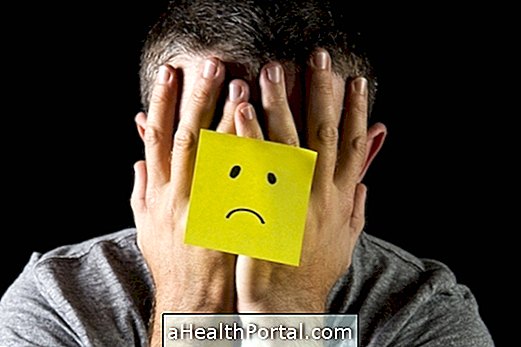

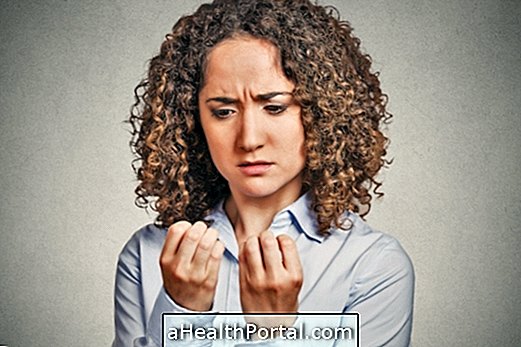
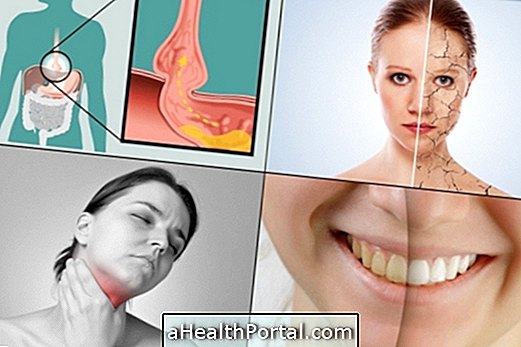



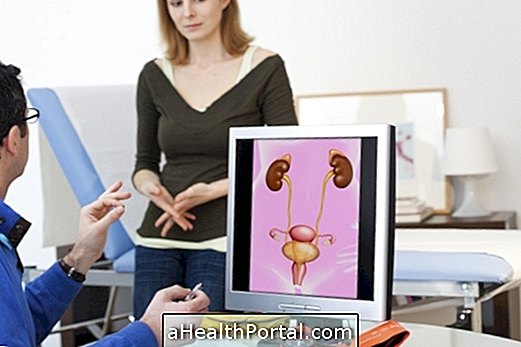

-o-que--sintomas-e-tratamento.jpg)
